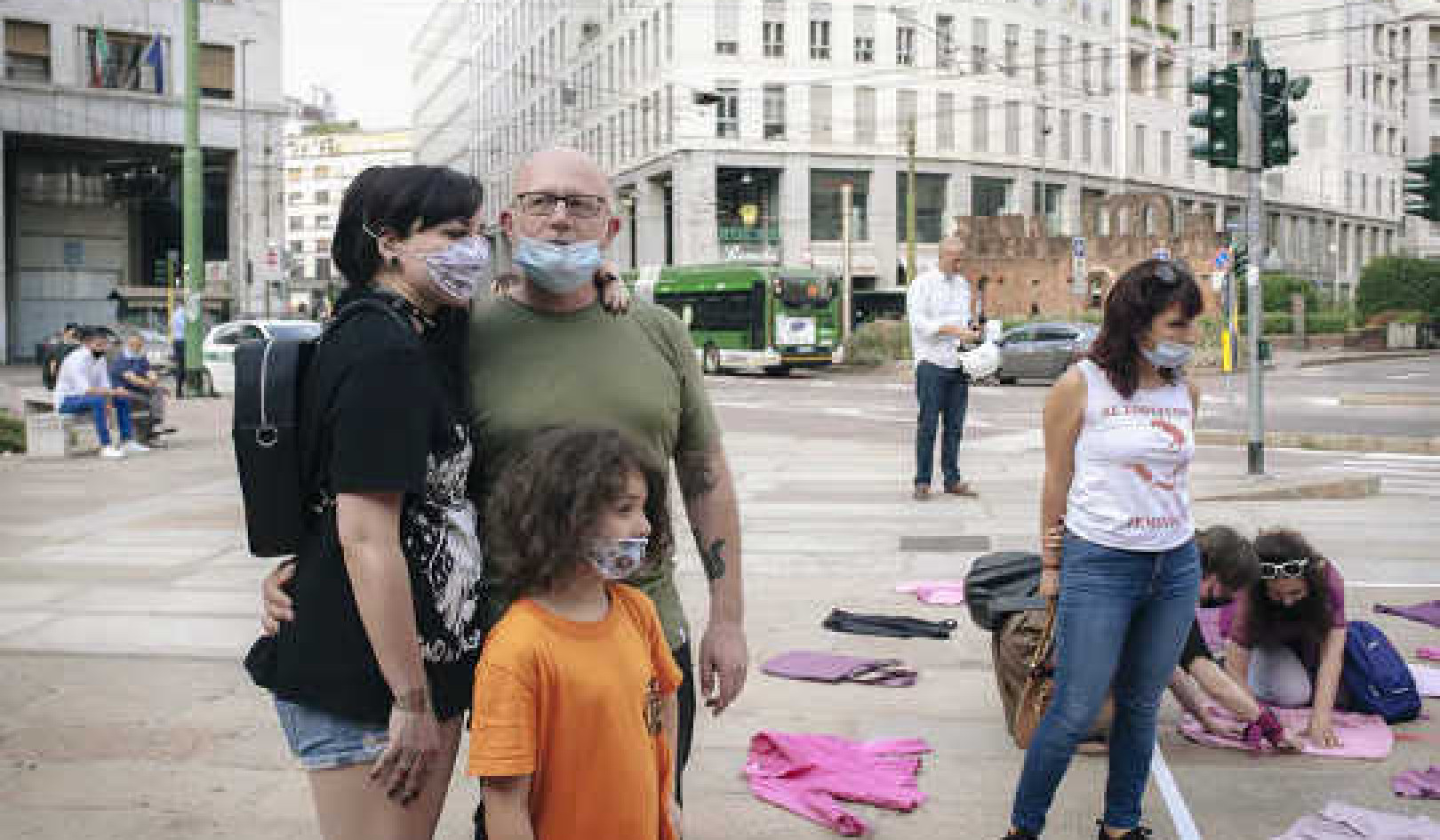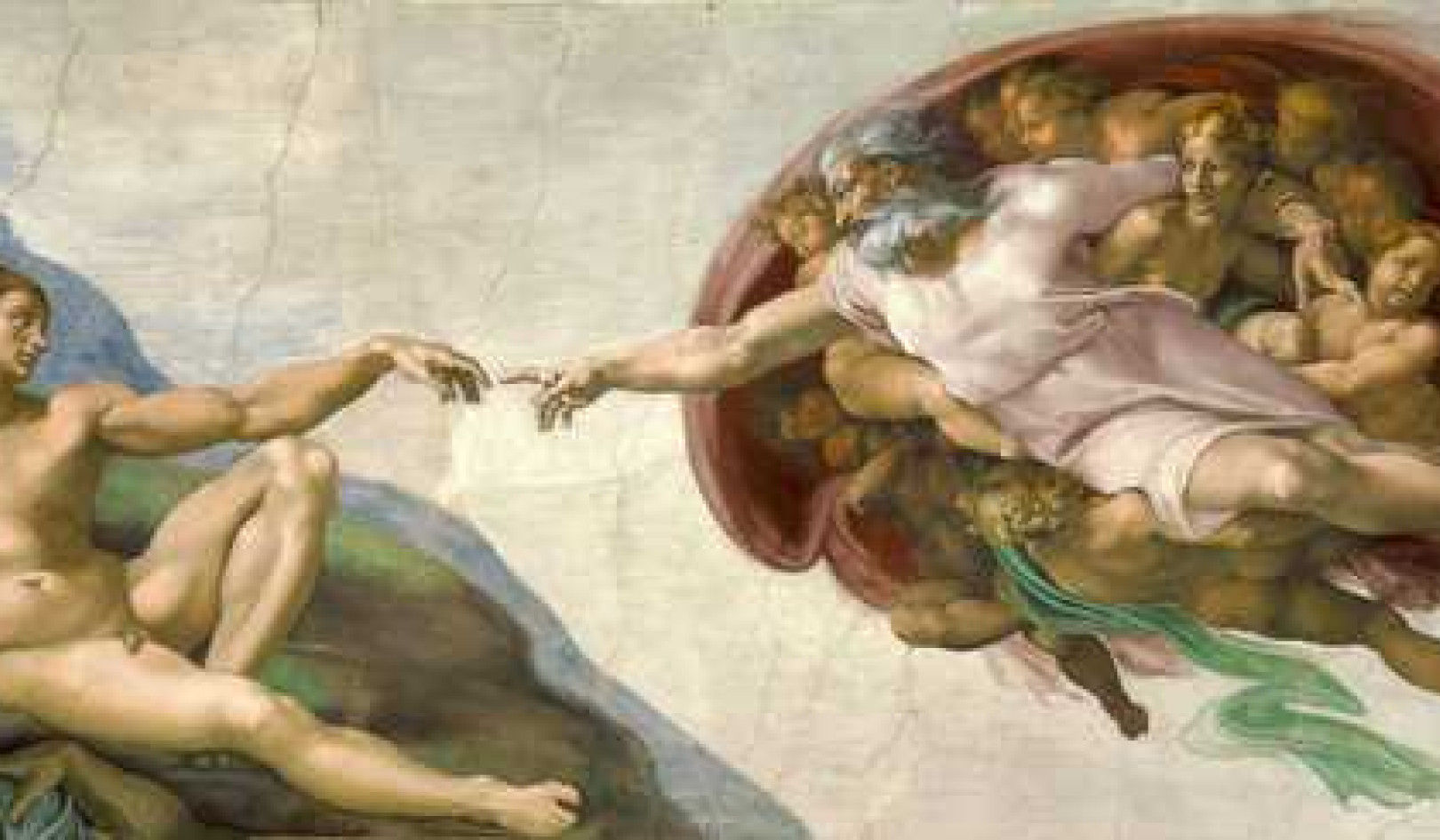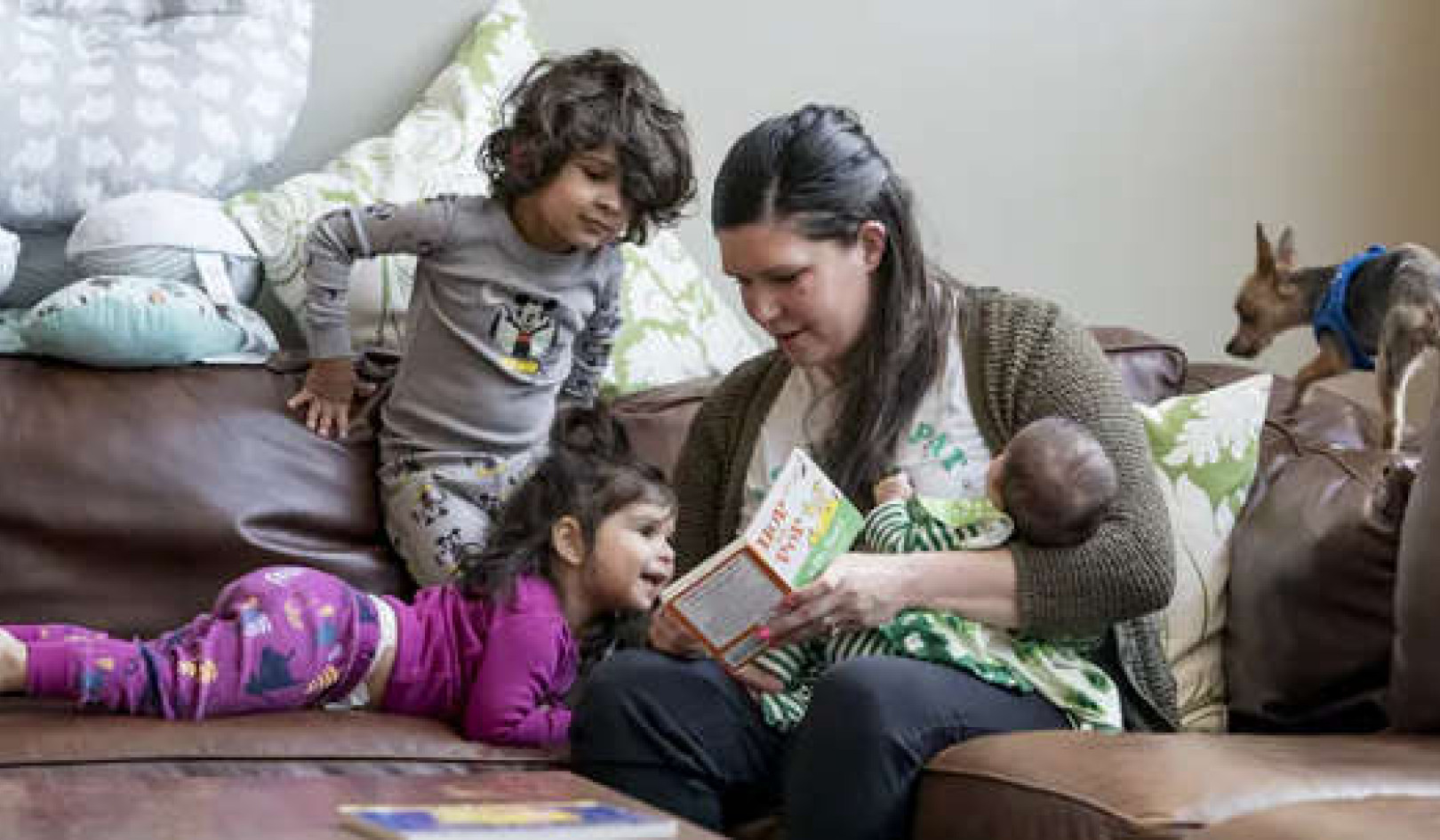
Within all of us, there’s a light that shines like a lantern’s bright flame. We may call it love, divine energy, or an expression of our Source. No matter what name we give it, that light never goes out.
As we go through our lives, though, our self-doubts dim the sides of that lantern. The drama in the world adds its own layers of soot. And eventually, it’s easy to lose sight of the flame burning within, forget how bright it is, or believe it was never there at all.
Fortunately, our forgetting doesn’t change the brilliance of the light, but it can limit our ability to claim the truth about our very existence. In fact, “Be the light that you are,” is one of the most challenging principles of all.
Radical Idea?
The idea that you are the light may seem radical. But references to being the light show up in every major religion and spiritual teaching.
A Course in Miracles says we are “the light of the world.”
The Buddha said, “Be your own lamp, seek no other refuge but yourself, let truth be your light.”
Matthew 5:14–16 says, “You are the light of the world . . . let your light shine before others...”
That’s the starting point, not the destination. You don’t have to go out and find what is already in you.
You may resist this idea. You may immediately think about all the mistakes you’ve made, all the ways you’ve hurt people or stood by and watched as others were hurt. You may point to Hitler or Stalin or school shooters as examples of evil. You may start to build a case for why you can’t possibly be the light, and even why it’s blasphemous to think that you are.
But that resistance, those arguments for “evidence” of brokenness, can’t alter the truth.
The Shadow and the Light
It’s like the total eclipse of the sun. For those few moments when the Earth casts a shadow and midday becomes dusk, it looks as though the sun has dimmed. But, of course, the sun is the same as ever. A momentary blockage doesn’t change the fact that it’s still there, as powerful and brilliant as it has always been.
We, too, have momentary blockages that seem to cast a shadow on our light. Those barriers could be fears and insecurities. Judgments of others and ourselves. Feelings of guilt and shame. Stories about hatred and war.
And then we focus on those barriers. We judge them. We think about them over and over. We listen to others who reinforce them for us. And before you know it, we’ve forgotten the light within and believe that our blockages define us, and there’s no escaping them.
In fact, these fears have been taught for so many centuries, by so many learned people, that they’ve become institutionalized in our schools, our laws, and our governments.
And it’s true, there’s no escape—because we don’t need one. We simply need to remember our light rather than our fear, and we’ll see that we’ve been free all along. At that point, everything else in our lives will start to align.
Remembering the Truth
This truth comes from a level beyond personality, identity, or circumstances of birth. It’s the level the Founding Fathers recognized in writing the Declaration of Independence. The statement, “All men are created equal” makes that document not just a charter for a new nation, but a sacred affirmation for humankind.
That’s the level on which we’re called to live. That’s why remembering the truth about the light that we are is so essential to our peace—both individual and collective.
But what if you don’t feel like the light of the world? What if you’ve been taught that you’re a miserable sinner? What if you look around and don’t see much light or love in your life?
Your current beliefs and life circumstances may feel deeply ingrained and hard to shake, but I can assure you that once you say, “I want to know myself as the light of the world, as the child of Spirit that I am,” you will open the door to a new vision of yourself. Be willing to suspend your disbelief and entertain the idea for just a moment. That’s all it takes to start remembering.
Steps Toward Remembering the Light That You Are
The first steps toward remembering the light that you are need to be gentle, yet persistent. For instance:
Envision opening a door and seeing light flood in.Take a moment each day to sit in quiet and express thanks. Smile at someone, as simplistic as that sounds.
Consider the stories you’ve told yourself about who you are. Pay attention to how many of those stories are based on your “shortcomings” or “failings.” When you become aware, you’ll likely see that those stories, no matter how deeply embedded they may be, don’t fully explain who you are or what you’re about.
Listen to the voice deep within—maybe long buried and faint—that says, “I am more than my fears. I am more than my mistakes. I am more than my shame. There is light within me I have not yet seen.”
A part of you will fight hard to keep from going inside and seeing that light, but there is nothing to fear. As you remember the light that you are, you’ll expose your old structures and beliefs for what they are: simply a story. Because you’ve lived with that story for a long time and it feels like home to you, nothing will be gained by making yourself feel homeless. So be patient and gentle with yourself. Don’t try to dismantle the structure all at once.
What if a voice in you is saying, “Why should I believe that I’m the light of the world when I’ve been taught exactly the opposite?”
If that’s the case, take an honest look at what your beliefs have built in your life, because everything we experience comes from what we think about ourselves. Often a belief in sin or brokenness creates a deep chasm of shame and guilt, and you start believing that’s who and what you are.
Think of all the gay men and women who marry because they believe their sexual orientation is “sinful,” then live their lives in shame and fear of being found out. Think of the adults who abuse children as a punishment for their “sins.” Think of the millions of lives lost in wars that have been fought because another country or culture was “sinful.”
Teachings about sinfulness sometimes lead to mercy and compassion, but they also can lead to a distrust of God, yourself, and the world. This can make you feel alone, cynical, and rudderless because you always wonder if you deserve to be loved. And even when you’re surrounded by love, you can’t let it in.
So do this one simple thing: Change the word “sin” to “fear.” For example, instead of “I’m sinful,” change it to “I’m afraid.” Instead of “That school shooter is sinful,” he is “ overwhelmed by fear.” And instead of “This world is sinful,” it “feeds our fear.” This language reflects the fact that we’re not broken, we’ve simply forgotten who and what we are.
When you remember, you’re likely to feel a deep sense of coming home. You may have wandered down a lonely path for a while, but now you can trust the welcoming light within.
What Do You Have To Do To Be The Light?
So what do you have to do to be the light? Nothing. As A Course in Miracles says, there is nothing you need to do, say, or prove to be the light that you are.
There are no tests, no training, no certification. You don’t have to accomplish it or dream it because you are—simply by virtue of being—the light.
Imagine a majestic oak tree in the middle of a park. Children come and sit under it for shade and shelter. Families take pictures of it because they admire its beauty. Couples talk about how much they love that oak tree for all the joy it brings to their lives.
Does the oak tree do anything? No, it just stands, rooted, being the tree that it is. And by sharing its innate gifts, it invites others to come and experience love.
That’s the perfect metaphor for the light that you are. You don’t have to be right. You don’t have to be the best. You don’t have to do anything except stand in your grandeur as a child of God. As you can imagine, this has the power to change everything in your relationships and interactions with others—and with yourself.
As you claim the light that you are, it helps to honestly ask yourself these questions:
- Do I try to please others so they will like me?
- Do I avoid conversations because someone might judge me or I feel like my voice doesn’t matter?
- Do I question my value or try too hard to prove myself?
- Do I overlook, take for granted, sabotage, or dismiss the gifts in my life because I’m looking for the next thing to make me happy?
- Do I blame someone else for my troubles?
- Do I judge others for looking different or acting in ways that are foreign to me?
If you answer yes to some or all of these questions—and I’m guessing 100 percent of us do—it’s an indication that you’ve forgotten the light that you are. This doesn’t mean you “failed.” You just need to take a moment and remember what you are once again.
So, every time you become aware of these thoughts and actions, stop yourself and then do something simple: Stand in a pose of grandeur for thirty seconds—feet firmly planted, shoulders relaxed, hands outstretched with palms up. Ask for the light to flow through you and be directed wherever it needs to go.
Let yourself be the oak tree with nothing to prove.
And, as you remember what you are, give thanks for the light within you that never goes out.
Four Steps That Will Help You Remember
While you needn’t do anything to be the light, here are four steps that will help you remember the light that you are.
Pay attention to what you tell yourself.
Make a commitment to say one loving thing to yourself each day. As the days pass, increase the compliments to yourself so you’re seeing and acknowledging the light within on a regular basis. You won’t believe the flattery at first, and that’s okay. But keep going until it feels more natural and you’re better able to claim the truth.
Spend time in your heart every day.
Nowhere is your light more easily witnessed than in your caring heart. Spend time daily in gratitude for your blessings, sending love to the people you care about, and asking a power greater than yourself to extend love throughout the world on your behalf. The more you feel the light within you, the more you will trust that this is your true nature.
Bring more beauty into your life.
When you start feeling frustration, anger, anxiety, shame, or guilt, focus on beauty instead. Buy yourself a bouquet of flowers or spend the day at an art museum. This may not seem relevant, but it will start training you to see the light rather than the darkness. Beauty is effervescent. It lifts you up and restores your vision to something you value, which will help you remember the value in you.
Imagine the light within you.
In your mind’s eye, focus on a spot just above your navel, and see the light as a candle, lantern, or open flame. Imagine the glow of light that it casts in a circle around you. See that light growing brighter and the circle of light growing as well. Imagine it touching everyone around you. Ask yourself how you feel as you visualize this. Know that any peace or blessings you feel are real, and that as your light blesses others, you are blessed, too, because you’re remembering the light that you are.
©2019 by Debra Landwehr Engle. All Rights Reserved.
Excerpted with permission of the publisher,
Hampton Roads Publishing. www.redwheelweiser.com.
Article Source
Be the Light that You Are: Ten Simple Ways to Transform Your World With Love
by Debra Landwehr Engle
 Be the Light that You Are: Ten Simple Ways to Transform Your World with Love inspires readers to put their spiritual practice in action—and gives them concrete ways to do it. In a time of highly charged political and emotional issues, this simple guide helps readers move from bitterness and divisiveness to true peace. Inspired by A Course in Miracles and other spiritual teachings, Be the Light that You Are provides a simple path to help readers live with kindness, decency, and authenticity in troubled times. (Also available as an Audiobook and Audio CD.)
Be the Light that You Are: Ten Simple Ways to Transform Your World with Love inspires readers to put their spiritual practice in action—and gives them concrete ways to do it. In a time of highly charged political and emotional issues, this simple guide helps readers move from bitterness and divisiveness to true peace. Inspired by A Course in Miracles and other spiritual teachings, Be the Light that You Are provides a simple path to help readers live with kindness, decency, and authenticity in troubled times. (Also available as an Audiobook and Audio CD.)![]()
About the Author
 Debra Landwehr Engle has been a freelance writer for many years and her initial publishing credits appeared in such magazines as "Country Home," "Country Gardens" and "Better Homes and Gardens." Her first book, "Grace from the Garden: Changing the World One Garden at a Time," was published in 2003. Since then, she has contributed to several international collections of essays. Deb teaches classes in "A Course in Miracles" and is co-founder of Tending Your Inner Garden®, an international program of creativity and personal growth for women. She also teaches workshops that use journaling and writing as tools for self-discovery, as well as one-on-one and small-group sessions on creativity, writing, manuscript development and life skills. Through her company, GoldenTree Communications, she provides mentoring and publishing services to fellow writers.
Debra Landwehr Engle has been a freelance writer for many years and her initial publishing credits appeared in such magazines as "Country Home," "Country Gardens" and "Better Homes and Gardens." Her first book, "Grace from the Garden: Changing the World One Garden at a Time," was published in 2003. Since then, she has contributed to several international collections of essays. Deb teaches classes in "A Course in Miracles" and is co-founder of Tending Your Inner Garden®, an international program of creativity and personal growth for women. She also teaches workshops that use journaling and writing as tools for self-discovery, as well as one-on-one and small-group sessions on creativity, writing, manuscript development and life skills. Through her company, GoldenTree Communications, she provides mentoring and publishing services to fellow writers.
Videos with Debra:
* The Only Little Prayer You Need
* Introduction to The Only Little Prayer You Need
* Remembering the Light Within
Related Books
at InnerSelf Market and Amazon



























